Personal finance management takes overwhelming efforts and strategic planning. All wealth-building strategies would be based on long-term financial objectives, including debt management, saving, and investment plans, which are crucial to your total financial strength. More than that, your way of living will eventually proclaim your economic achievements.
11 smart money habits to reach financial success
For many people, financial confidence is a significant aim. It also entails building a large nest egg to allow you to retire or pursue whatever career you like without feeling compelled to earn a specific amount each year.
There are some general rules for managing finance and wealth building, but there are also some smart money habits that everyone can adopt. Once you groove into the right financial mindset, you can build further on this solid foundation.
#1: Amass the wealth of knowledge
It is not a debatable point to learn whenever you can. Unfortunately, many people do not give enough importance to financial literacy.
Reading the financial topics and books that will enhance your knowledge is essential. Personal and corporate finance basics remain the same, but the trends and requirements to stay competitive never remain static.
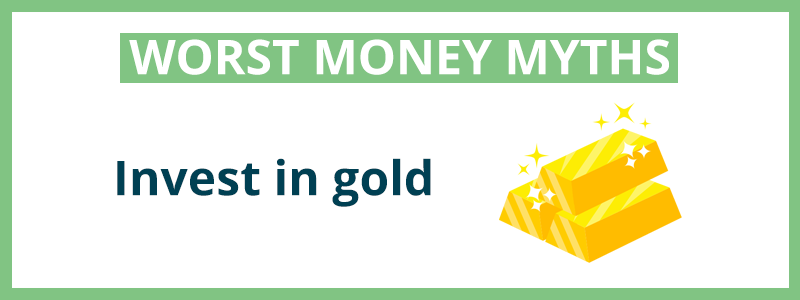
Constant learning is the best advice anyone can offer on a list of smart money habits. So make financial reading your first habit.
#2: Think with a money mindset
Financial success and wealth management are not easy to achieve. The first hurdle remains setting your mindset to achieve your financial goals. Always consider essential decisions and how they will impact you economically in the long run.
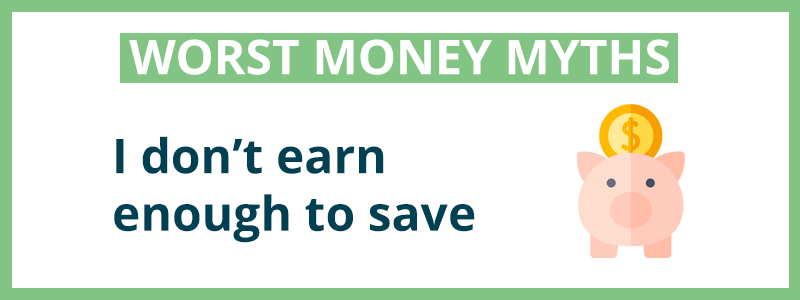
For example, rethink about career choice as a day worker against starting your own business. That alone can be a significant change in deciding between a floating and a fixed interest rate loan and the type of house mortgage you will apply for.
#3: Know your balance sheet
Businesses are not the only ones with a balance sheet requirement. You will build your assets over a lifetime and also owe liabilities. Take an overview of your income and expenses for your monthly budgets. More importantly, create a financial strategy for the long-term.

Analyze your current assets that can build on wealth against what you owe as liabilities, such as your total debts. Make the analyses part of your routine so that it seems a habit to you, and be honest in your assessments.
#4: Shun the overspending habits
Your spending habits directly affect your monthly budgets. Visionary moneymakers do not let that happen; you should not too.
Developing a thrifty mindset involves focusing on living a good life with less, which is easier than you think. Many affluent people adopted the habit of living below their means before becoming wealthy. Such a lifestyle involves learning to discriminate between what you need and what you want and making little changes that result in considerable financial rewards.

Furthermore, consider cutting back on unnecessarily using a credit card or paying charges for overdrafts. You would not realize the savings until you save on it. Transform your overspending habits and turn them into savings.
#5: Create budgets
Personal budgets look complicated and not worthy at times. However, you can never achieve efficiency in your spending habits without a budget.
Create a separate budget for everything; be like a giant corporation that allocates resources to divisions. Budgets bring proactive planning and controls to finance management.
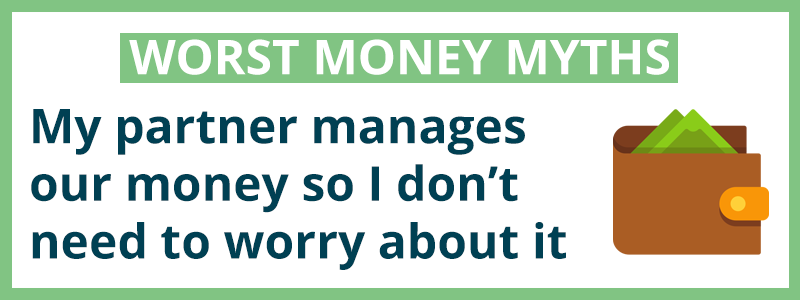
For personal finance, revisit your budgets often, and track your spending. Once you set in with budgeting, you will naturally refrain from overspending.
#6: Prioritize your debts
The debt prioritization list will keep changing, which is why making it a regular chore is on the list of smart money habits. For example, you need to pay your credit card minimum payments to avoid any late fees or penalties.
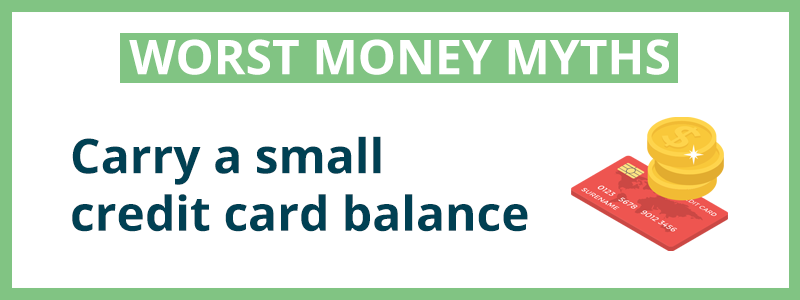
Decide which debt would require immediate attention once you pay off your auto or student loan. Also, regularly update yourself with financing products with different interest rate options. Unfortunately, the debts are hardly likely to vanish from our lives. So instead, learn to manage them.
Debt consolidation is one successful strategy that can reap rewards of substantial financial gains for you. Debt prioritizing also means choosing between specific debt options – for example, a house mortgage and a personal loan facility.
#7: Save and invest, and invest smartly
Your efficient habits yielding savings should not sit idle in a bank account. If you wish to build a wealth empire, you must invest. Smart money habits require an intelligent investment strategy.

Here are some investing tidbits you can take with you:
- Investment basics like diversification and risk-reward relation are well-known concepts for a reason.
- One clever investment habit is to start small.
- Seek financial advisory help before investing in a risky investment.
- Evaluate different options before you begin investing.
- The more you spend time on prior research, the better your financial gains will be.
- Compare other options like stock investments, real estate, and forex.
- It may seem odd, but include your retirement contribution in the list. Your regular retirement contribution may not be enough to meet your expenses 20 years from now on.
#8: Create multiple streams of income
As an individual, relying on one income stream would cause a handicap in an unfortunate incident such as a job loss. Therefore, the investment diversification mantra holds with income streams too.
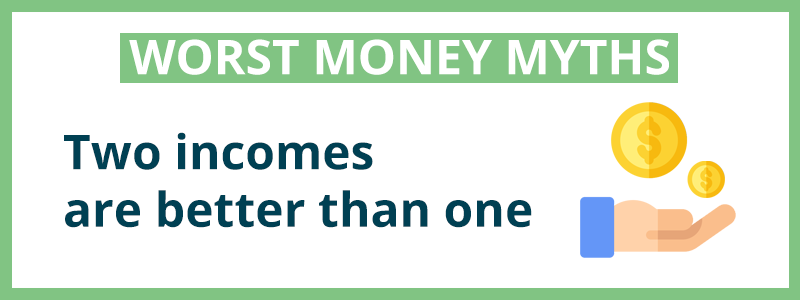
Even if you cannot work several jobs, consider different options like passive income. Modern business markets offer multiple and flexible works and business options.
#9: Negotiate as if you depend on it
Many people are unwilling to bargain for products and services because they fear appearing cheap. However, you might save hundreds of dollars annually if you can overcome this phobia.
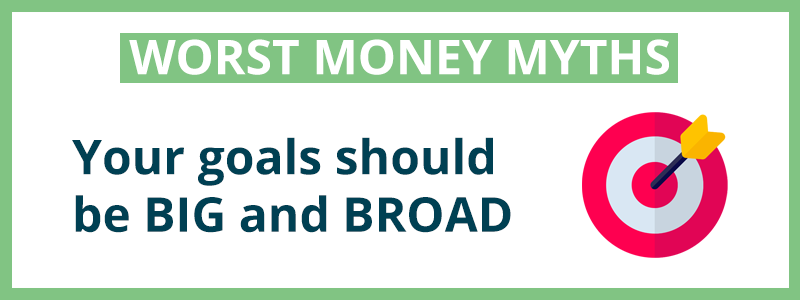
Small firms, in particular, are willing to negotiate, so buying in bulk or establishing yourself as a regular customer can lead to substantial savings.
#10: Take good care of your belongings
Property maintenance extends the life of everything from vehicles and lawnmowers to shoes and clothing.

#11: Maintain your physical and mental well-being
Proper maintenance also applies to your body and mind and taking exceptional care of your physical health substantially impacts your financial health.
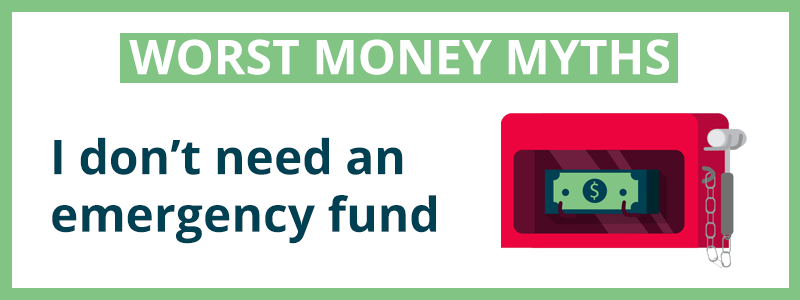
It is not difficult to invest in your health. It entails seeing doctors and dentists regularly and following medical advice for any problems you encounter. In addition, many medical disorders can be helped – or even prevented – by making simple lifestyle changes like increasing physical activity and eating a better diet.
Wrap up
- Set life goals, big and little, financial and lifestyle, and create a plan to achieve them.
- Make and stick to a budget that covers all of your financial necessities.
- Aim to pay off debts ultimately, especially credit cards, and monitor your credit score.
- Set up an emergency fund and contribute to your retirement plan.
- Take care of your possessions and, most importantly, your health.
These leads will not cure all of your financial difficulties, but they will assist you in developing excellent habits that will put you on the path to financial freedom.







